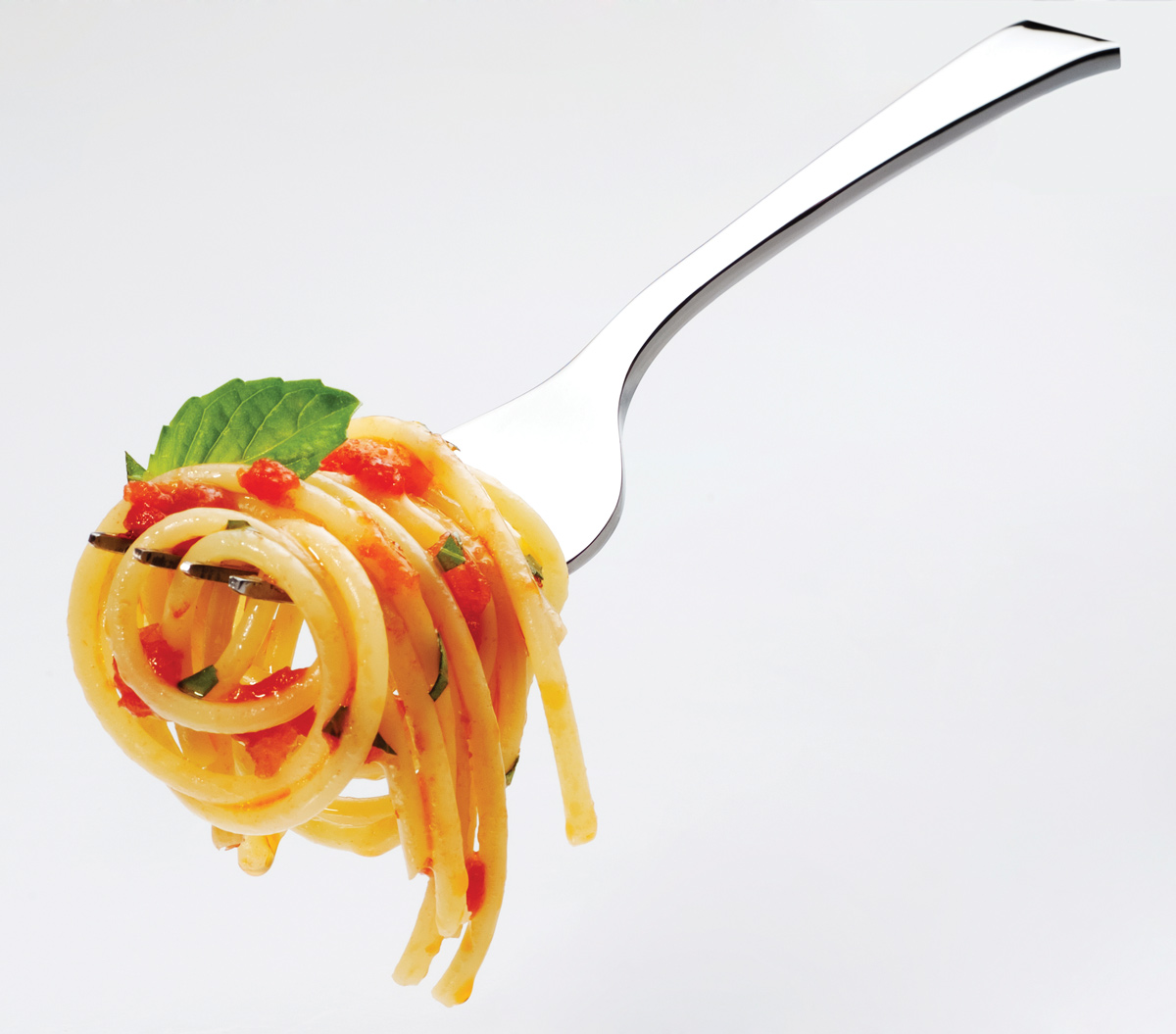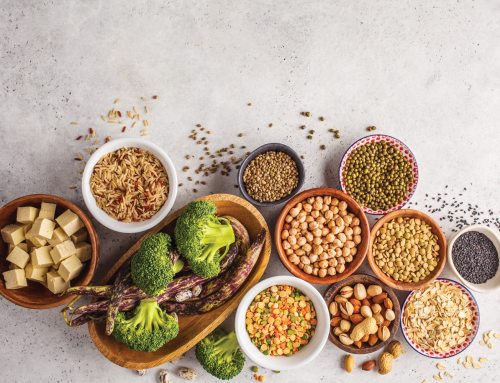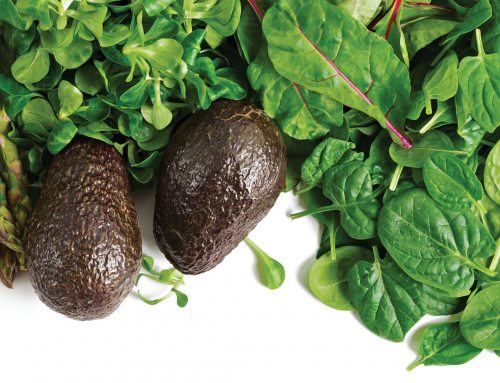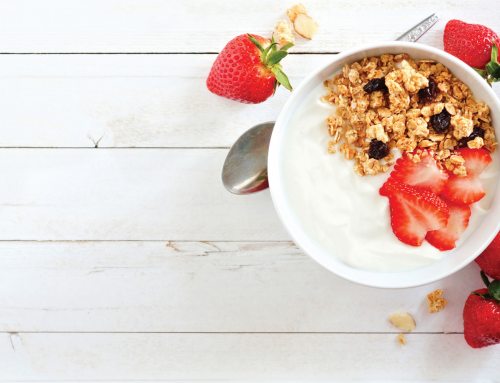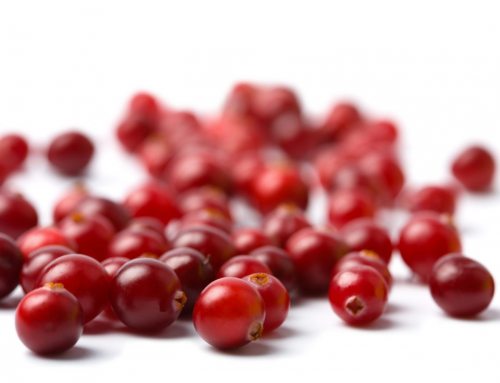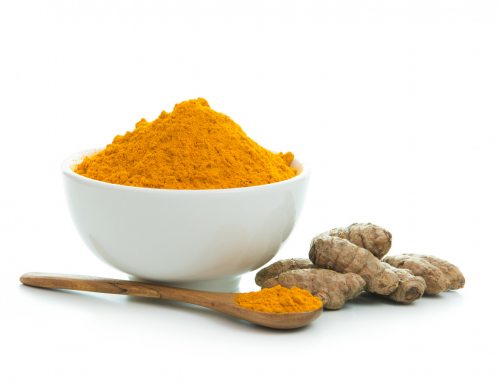By Suzi Bass, Meredith College Dietetic Intern and Ashley Acornley MS, RD, CSSD, LDN
In 2007, NBC’s popular television show “The Office” aired an episode with a scene that was both stomach-churning for the athletic viewers, and utterly cringe-worthy for everyone else watching. The scene involved main character Michael Scott ravenously shoving forkfuls of creamy fettuccine alfredo down his throat just minutes before a 5K run, all in the name of “carbo-loading.” Interestingly, this inaccurate illustration of carbohydrate loading may very well represent the confusion that many endurance athletes feel towards the topic.
What is it?
Carbohydrate loading is maximizing glycogen stores in preparation for an endurance event lasting longer than 90 minutes, such as a half marathon, full marathon, or a triathlon.
Glycogen is the body’s storage form of carbohydrates, a macronutrient found in grains, sugars, fruits, vegetables, beans, and dairy products. During exercise, the body uses glycogen as its first fuel course, and then turns to fat stores once available glycogen stores are depleted. The shift the body experiences when transitioning from the optimal glycogen-burning fuel to the inefficient fat-burning fuel is often described as “hitting the wall.” To feel optimally energized and possibly shave time from a race, athletes may choose to load up their glycogen stores before race day. Read below to find out how to properly carbohydrate load.
It’s all about timing
Four, five, and six days before your event
In the same way that it’s not beneficial to start marathon training without being prepared, it is also not beneficial to start carbohydrate loading cold turkey. Four, five and six days before your endurance event, begin to taper down exercise while slowly increasing the amount of carbohydrates in your diet. Although each athlete may have a unique method of doing so, tapering down training mileage or intensity by 20% each consecutive day may be beneficial. At the same time, adding more fruits and whole grains into your diet will start to activate glycogen stores and set up your body well for the carbohydrate loading process.
One, two and three days before your event
After successfully priming the body for carbohydrate loading as mentioned above, you will then eat a carbohydrate rich diet for three consecutive days leading up to the day of the event. During this time, it is also important to continue to taper down the intensity of your exercise routine and consume appropriate amounts of water to stay hydrated. Carbohydrate rich meals to consume during this time include oatmeal with fruit, granola bars, baked potatoes, spaghetti with meatballs, and burritos with rice, beans, and meat. Don’t be alarmed if you notice a few extra pounds when you step on the scale! Each gram of glycogen is bound to a hefty 4 grams of water, causing water weight to accumulate which results in a 4 or 5 pound total weight gain. However, this is nothing to worry about; the extra weight signifies maximization of glycogen, and it will slip off as easily as it was tacked on.
Night before event
By this time, your glycogen stores should be nearly packed to the brim from the three days of prior carbohydrate loading. Before bedtime, sneak down to the kitchen and grab one last carbohydrate-rich snack like a banana, slice of bread, or a handful of granola.
Day-of event
Every endurance athlete is different when it comes to tolerating foods the day of an event. The main rule here is to keep your regular routine and don’t try anything starkly different! Varying too far from your regular pre-race snack can run the risk of causing GI discomfort and pain.
After carbohydrate loading, you will feel fueled and energized for your endurance athletic event! When done safely and properly, carbohydrate loading can help you cover distance faster while possibly decreasing your perceived rate of exertion. For more specific information, contact a registered dietitian with a sports nutrition certification for more detailed and individualized counseling pertaining to this topic.
Ashley Acornley, MS, RD, LDN is sports dietitian at Triangle Nutrition Therapy Inc. She has an undergraduate degree in Kinesiology and a Masters degree in nutrition. In addition to being a Sports Dietitian, she is also a Personal Trainer. She teaches competitive athletes ways to fuel and hydrate to optimize sports performance and maximize health.


